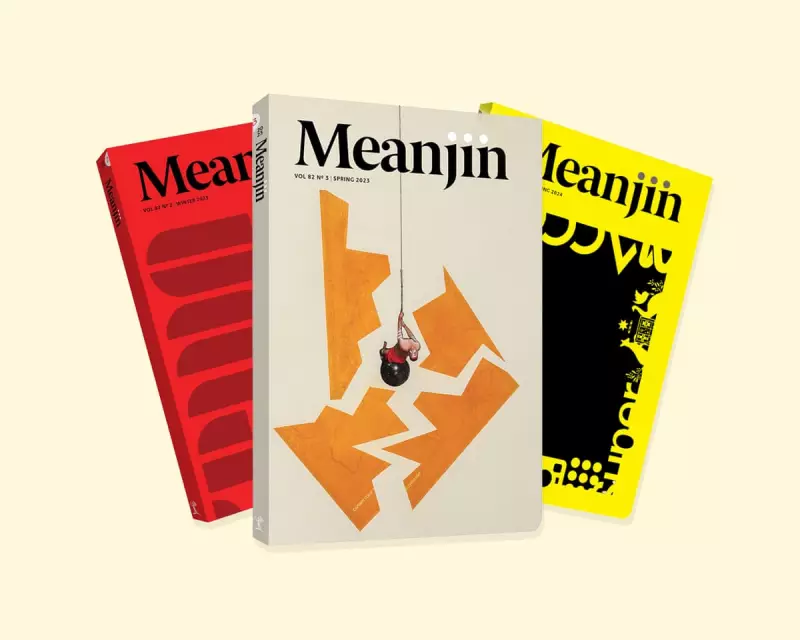
The Australian literary world has been dealt a devastating blow with the announcement that Meanjin, one of the nation's most venerable and respected literary journals, will cease publication after 85 years. The decision, made by the University of Melbourne, has been met with a potent mix of grief and fury from writers, editors, and readers across the country.
The university's claim that the quarterly publication is no longer 'commercially viable' or aligned with its 'core activities' has been widely condemned as a catastrophic failure of cultural stewardship. For many, the closure is not merely the loss of a magazine but the erasure of a vital piece of Australia's intellectual history.
A Pillar of Australian Letters
Founded in 1940 in Brisbane by Clem Christesen and later moving to Melbourne, Meanjin has been a foundational pillar of Australia's literary landscape. Its pages have nurtured generations of the nation's most celebrated writers, poets, and critics, including Patrick White, Judith Wright, and Christina Stead.
More than just a publication, Meanjin served as a crucial incubator for new ideas and a brave forum for robust cultural and political debate. Its role in shaping post-war Australian identity and intellectual thought cannot be overstated.
A Symptom of a Wider Crisis
The shuttering of Meanjin is seen not as an isolated incident but as a symptom of a deepening crisis for arts and humanities funding in Australia. The increasing reliance on corporate sponsorship and a narrow, profit-driven view of education has left cultural institutions perilously vulnerable.
This decision reflects a worrying trend where universities, the traditional guardians of knowledge and culture, are abandoning their role as patrons of the arts in favour of a more utilitarian, market-focused agenda.
Outrage and a Glimmer of Hope
The backlash has been swift and severe. The literary community has expressed profound anger at what is perceived as a short-sighted and philistine act by the university administration. There is a palpable sense that a guardian of national memory has been unceremoniously discarded.
While the current chapter is closing, there remains a fierce determination to see Meanjin live on in some form. The overwhelming public response suggests that its legacy is too important to be left to languish in university archives. The fight to resurrect this iconic institution, perhaps under independent stewardship, may have only just begun.





